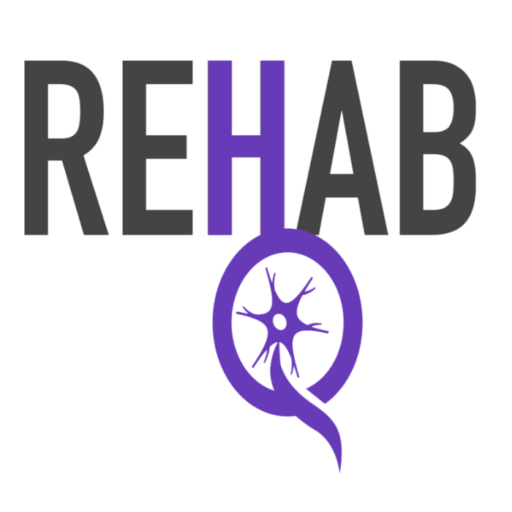There are “high achievers” in every industry. Including in neuro rehab. I consider these the “outliers”. The ones who did what others couldn’t. They recover more movement than expected. High achievers have a different gear. And truth be told, it is not one that I fully understand. In its simplest form, I would say it is a mindset. If I zoom out, I might say it is an entire way of being. Yes, this group, in fact, is different. They talk differently, behave differently, and live…..differently. These are the outliers. The “cases” science can’t explain. Or choose not to explain. But that is a story for another day. Back to the matter at hand. How do they do it? Beyond that, how do you do it? How do you tap into that next gear?
How do you become a high achiever in neuro rehab?
Acceptance
High achievers have the ability to get to a place of acceptance faster than most people. Losing a part of your old life is a difficult. It’s normal to grieve this loss. But the ones who seem to excel in rehab, just have a way of getting through this grief process a little faster.
Self Efficacy
Self efficacy is a belief in yourself and your ability to succeed at whatever goal you set for yourself.
Ownership
People that make the most progress in neuro rehab take full ownership of their situation. Not just their home exercises, but their overall health.
Future Focus
The ones who continue to make progress, even years after their injury are future focused. In most cases, these people have a tendency to alway be working toward the next life event. For some this is a vacation. For others it might be a family gathering, or a visit with a friend. Whatever the case may be, they always seem to have a new goal.
Purpose
Finding “purpose” in life is a complicated matter. According to Todd B Kashdon PhD, in Psychology Today, the “science” (in regards to finding purpose) raises more questions than answers. That being said, Kashdon defines purpose in this manner:
- “Purpose is defined as a self-organizing life aim”
- “Purpose provides a framework for systematic behavior patterns in everyday life.”
- “Purpose motivates a person to dedicate resources in a particular direction.”
- Kashdon makes a special point to state that goals and “purpose” are not synonymous. He states it is possible to have a purpose without ever establishing an endpoint but purpose motivates a person to be goal oriented.
I see this model play out in real time. The high achievers do this. They have this. They are goal oriented. While at the same time, they are not destination obsessed. It is a balancing act that I think is critical to the long game of neuro recovery.
Extrinsic Goals
And finally, in my experience, almost every person in this group has some sort of extrinsic goal. What I mean by that is they have something they want to accomplish that might enhance someone else’s life. For some, it is to return to work so they can provide for their family. For others it is to walk so they can walk their child down the aisle (true story and one that I was overjoyed to be a part of). Whatever the case may be, if you want to go farther than the rest, establish a goal outside yourself.
Have you ever felt like giving up?
Life isn’t fair. And, for better or worse, a neurologic injury doesn’t care who it chooses to impact. I have observed that some people understand this. On the other hand, I have observed that others don’t. I pass not judgement. Because God only knows, how I would respond in a similar situation. I don’t think anyone really knows what they are truly made of until the “rubber meets the road”. Some people have an insane ability to take a negative, seemingly impossible situation, and use it for good. And yes, in my personal experience, they have a better outcome.
Watch the full explanation as well as the 5 things that I believe hold people back
More articles you may be interested in:
No Results Found
The page you requested could not be found. Try refining your search, or use the navigation above to locate the post.
